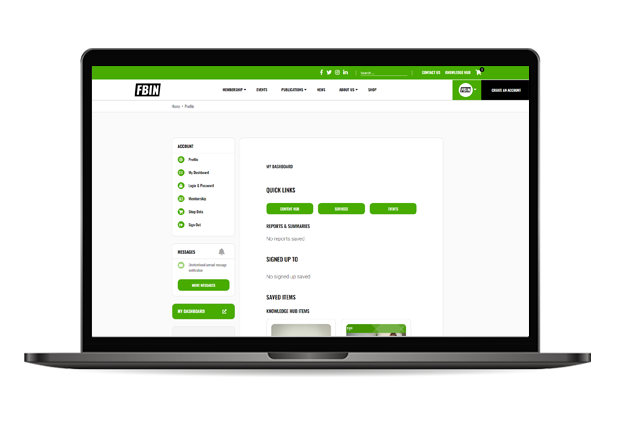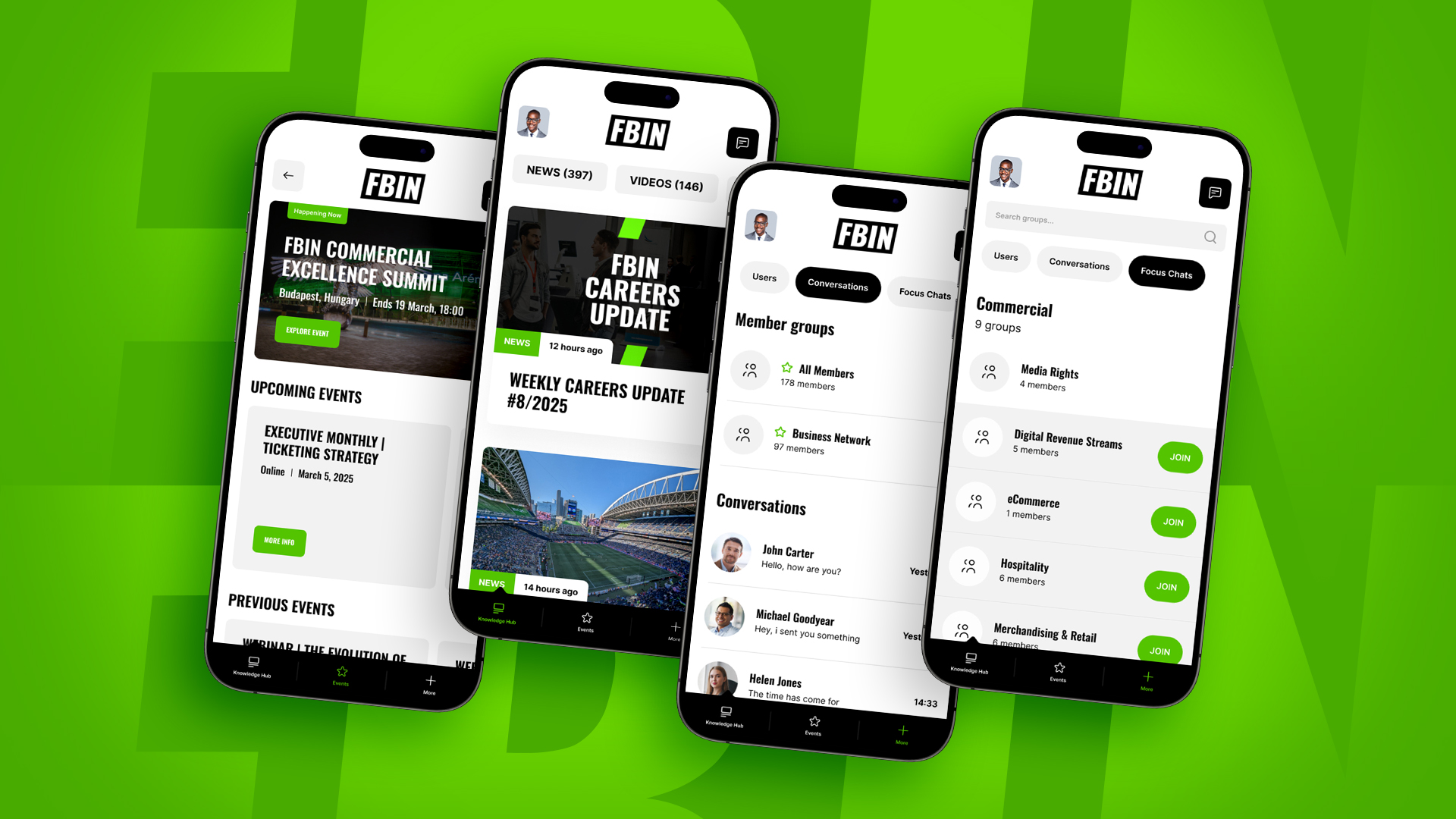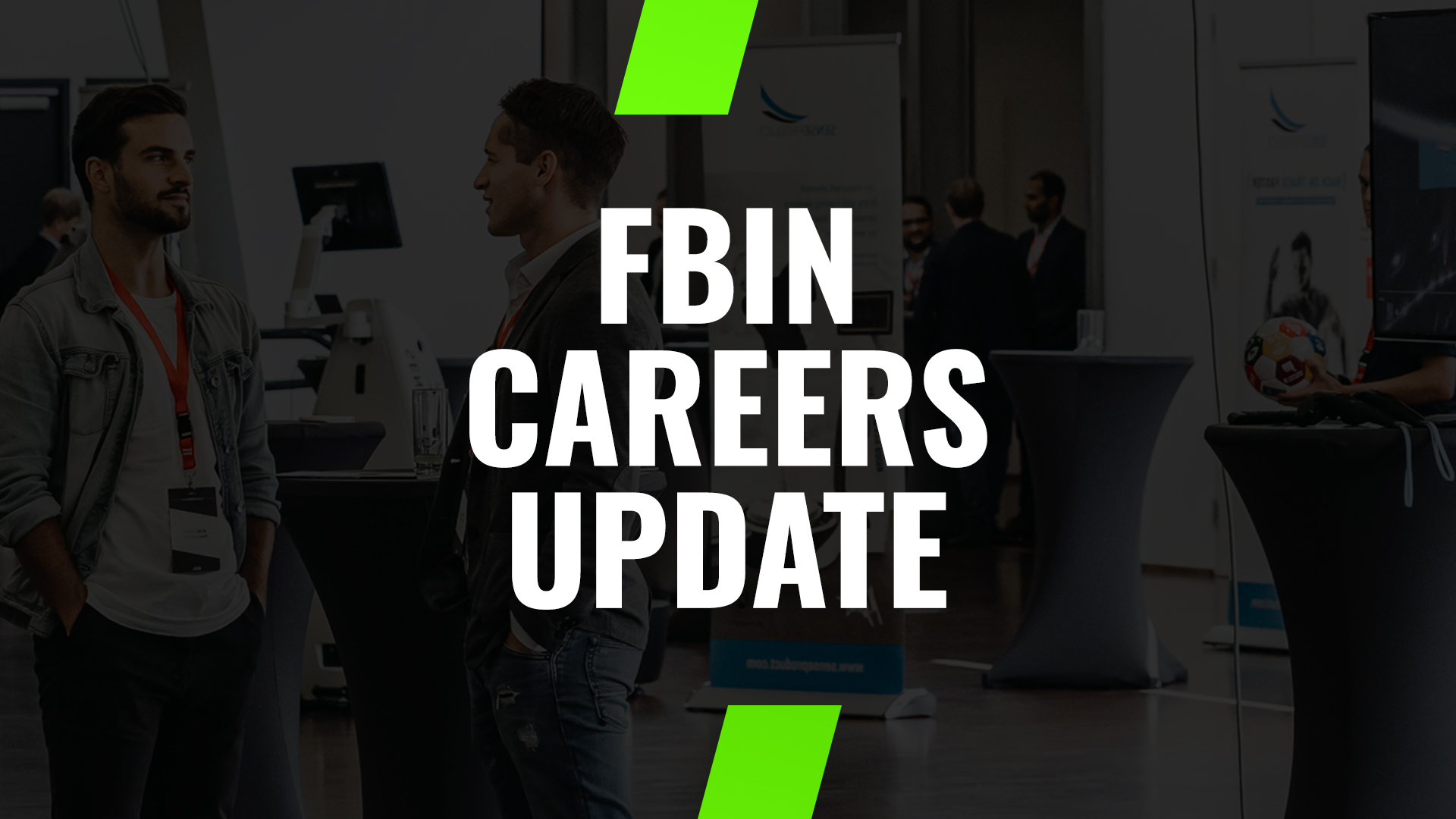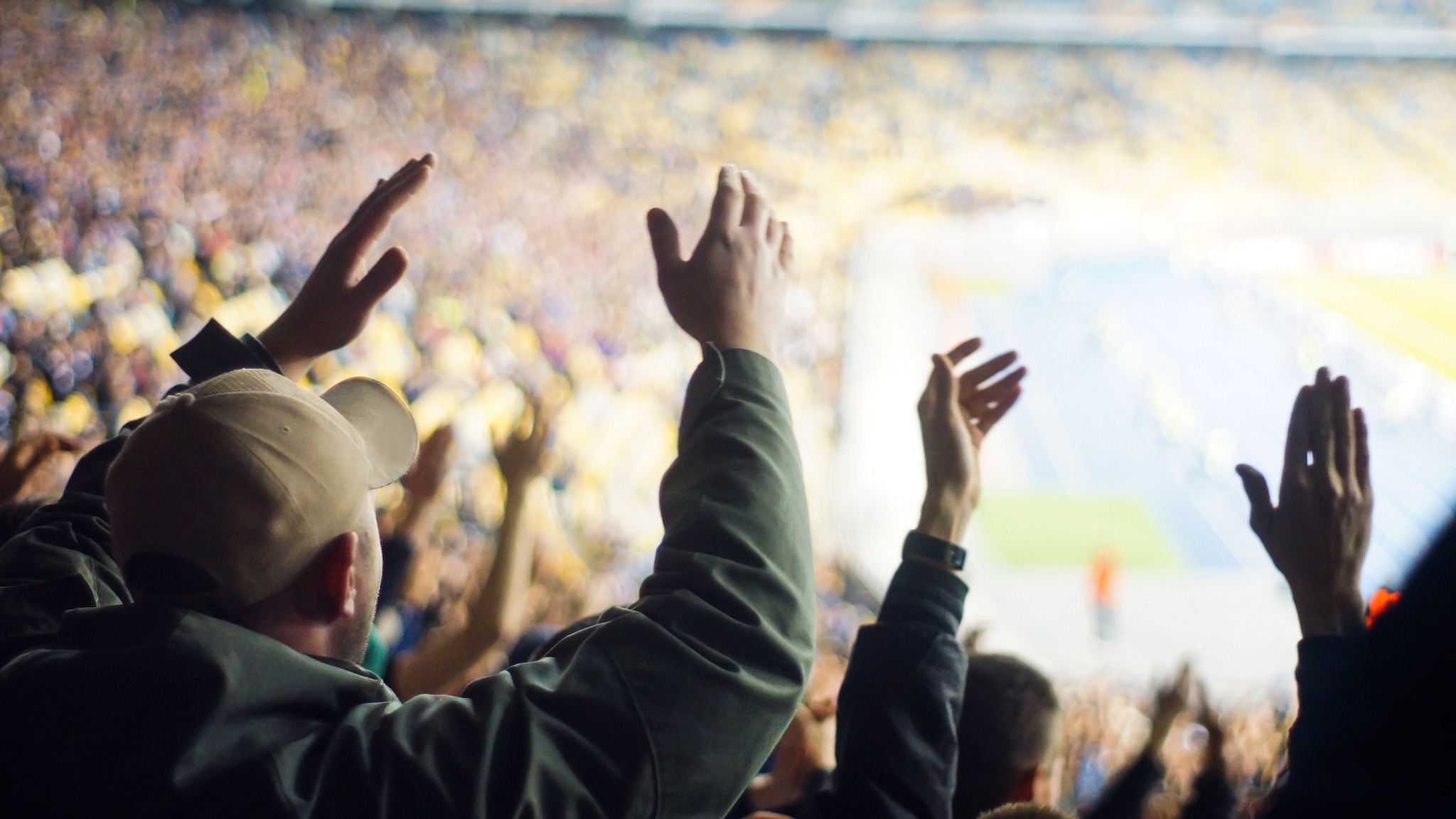You went from third tier to Europa League group stage very fast. How did the club develop off the pitch since that?
It’s fair to say that the success on the pitch has been phenomenal in the last five years. With that success however, the requirements from an administrative point of view have increased dramatically. We’ve got an incredible team in our office who work tirelessly to improve our operations in every aspect and we are now at a point where matchdays run smoothly and our communication has improved as well. The toughest for us were probably the first UEFA matches, because of the different demands of the competition and the change of venue that we had to make. Now we have a foundation that allows us to look to the future and improve even further.
How did the revenue develop and is there still potential to grow – and where?
In the 2017/18 season, our revenue was at roughly 10.5 million, but has since that grown to around 15 million in 2018/19 and 34 million in 2019/20. However, especially the number for 2019/20 presents an outlier because of our success in the UEFA Europa League. Of course, the pandemic hit our club just as it hit any other club, but we used the time to improve and we are now happy that we will be able to welcome a full stadium for our first home match of the 2021/22 season in the Austrian Bundesliga. Covid-19 and UEFA club competitions revenue aside, our revenue is constantly growing and now the development of our new stadium is on the agenda and will begin shortly. The new stadium will provide us with even more revenue opportunities such as executive boxes, a restaurant, a retail store or even an office for health services. Not to speak about the improved capacity as well as state-of-the-art services for our supporters.
How are you structured; how many people are working for the club in the non-sports area?
We are 20 people who work directly at the club. Of course, we are also supported by many of our partners in different areas of our operations.
You are currently building a new stadium. When do you think you can play your first game in it?
Construction will begin this summer and our plans are ambitious. I think it is in the nature of a project as big as this that we can’t provide a specific date for the first match, however, we are working hard behind the scenes to realise this project as quickly as possible.
How will the new stadium evolve your commercial activities?
Our new executive boxes will elevate our partnerships to a new level, while we will also improve dramatically on our services in the whole of the business and VIP sector. Of course, the public sector will be home for more supporters than our current stadium and will provide them with the best matchday services that the city has ever seen. Naturally, there will be improved infrastructure for advertising. Aside from these “normal” parts of a stadium, we have also thought outside the box in our search for innovative revenue possibilities and synergies within the stadium. We are planning to host an office for health services as well as a restaurant and a new merchandising store and I am sure that together with our brilliant partners we will find many more in the future.
How advanced are you in collecting and using fan data? Where do you gather it, how do you use it?
This is one of the areas, in which there is huge room for improvement. Of course, we have fan data on what tickets our supporters buy or when they buy in the online shop, and this helps us in determining which products work and which do not. However, we are still lacking in terms of data gathering and clustering it in a way that allows us to draw any deeper conclusions. It is already one of our projects to get us up to speed in this regard, because when we move into our new stadium, this will help us to provide for a smooth matchday experience for our fans from leaving their house until they return.
What about fan engagement as a buzzword? Do you use any tools, how do you approach your fans?
We have just started a project to improve the connection with our most loyal fan clubs with the hope for better support, better understanding of each other’s needs and an increase in fans who want to join our fan clubs and wear or crest with pride. Naturally, we will also be looking at normal matchday fans and especially families and kids for who we will have a dedicated area in the new stadium. However, our current stadium dramatically limits ourselves in how we engage with supporters on a matchday. Of course, more could be done in communication with them. We do not use any tools currently, but like I said at the beginning, we are trying to improve constantly in every aspect of our football club and this area is on the forefront of our considerations.
Are you actively looking for new, maybe digital, revenue streams? Did you already spot any interesting opportunities?
We are always looking for (innovative) ways to generate additional or new revenue, however, we are not specifically looking in the digital area just yet.
In general, in which areas (for example internationalisation, creating and selling digital assets, etc.) do you see the need to develop, to take the next step? And why?
We currently still have lots of ways to improve in traditional football club revenue such as sponsorship and ticketing/merchandising, but there are opportunities in every aspect, also digital, that we are going to explore.
You recently joined the FBIN Network. What is the main reason, what goals do you have?
We joined the FBIN network because we see it as a huge possibility broaden our perspective, find new ways of thinking a football club, which may be in terms of revenue but also in any other aspect like communication or connection with our fans. Lots of clubs but also lots of partners have joined the FBIN network recently and we are excited to now also be a part. Last but not least, widening our network is also one of the reasons why we see good opportunities in the FBIN and we are really looking forward to the next physical conference in September.


 Upgrade to Premium Now
Upgrade to Premium Now






